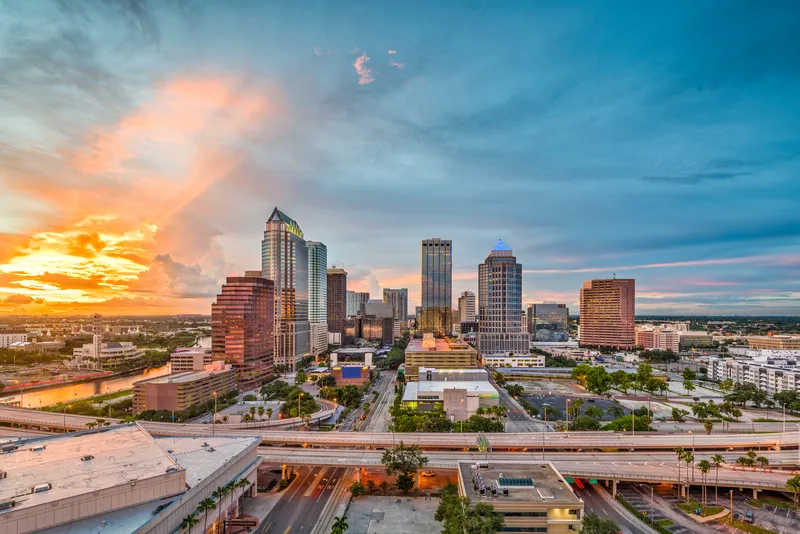Working closely with partners from Puget Sound-area transit and planning organizations to implement a multimodal-system analysis, the Washington State Department of Transportation (WSDOT) has produced its new Corridor Capacity Report to explain how transportation system efficiency would improve if travellers made better use of available capacity across all modes of transportation.
In addition to updates on vehicle miles travelled, state-wide delay and the cost of this delay to Washingtonians, the report
November 29, 2013
Read time: 2 mins
Working closely with partners from Puget Sound-area transit and planning organizations to implement a multimodal-system analysis, the 451 Washington State Department of Transportation (WSDOT) has produced its new Corridor Capacity Report to explain how transportation system efficiency would improve if travellers made better use of available capacity across all modes of transportation.
In addition to updates on vehicle miles travelled, state-wide delay and the cost of this delay to Washingtonians, the report provides performance highlights on: transit ridership, reduced vehicle miles travelled due to transit; benefits of corridor-based analysis; ferry capacity and reliability cost of congestion trend; greenhouse gas emissions; and park and ride lot capacity and utilisation.
According to the report, each Washingtonian travelled 8,303 miles 2012, 202 fewer than they did in 2010 and the lowest since 1988. On average, the state’s residents last year spent four hours and 30 minutes delayed in traffic, which translates to US$115 in associated costs per person.
“This multimodal approach is an exciting step forward for WSDOT in analysing comprehensive system performance,” said Daniela Bremmer, WSDOT director of strategic assessment and performance analysis. “This report plays a pivotal role in understanding the impact current multimodal trends have on our schedules, wallets and the environment. It also captures travellers’ experiences in terms of individual trip times and trip reliability – providing a true customer focus.”
In addition to updates on vehicle miles travelled, state-wide delay and the cost of this delay to Washingtonians, the report provides performance highlights on: transit ridership, reduced vehicle miles travelled due to transit; benefits of corridor-based analysis; ferry capacity and reliability cost of congestion trend; greenhouse gas emissions; and park and ride lot capacity and utilisation.
According to the report, each Washingtonian travelled 8,303 miles 2012, 202 fewer than they did in 2010 and the lowest since 1988. On average, the state’s residents last year spent four hours and 30 minutes delayed in traffic, which translates to US$115 in associated costs per person.
“This multimodal approach is an exciting step forward for WSDOT in analysing comprehensive system performance,” said Daniela Bremmer, WSDOT director of strategic assessment and performance analysis. “This report plays a pivotal role in understanding the impact current multimodal trends have on our schedules, wallets and the environment. It also captures travellers’ experiences in terms of individual trip times and trip reliability – providing a true customer focus.”










